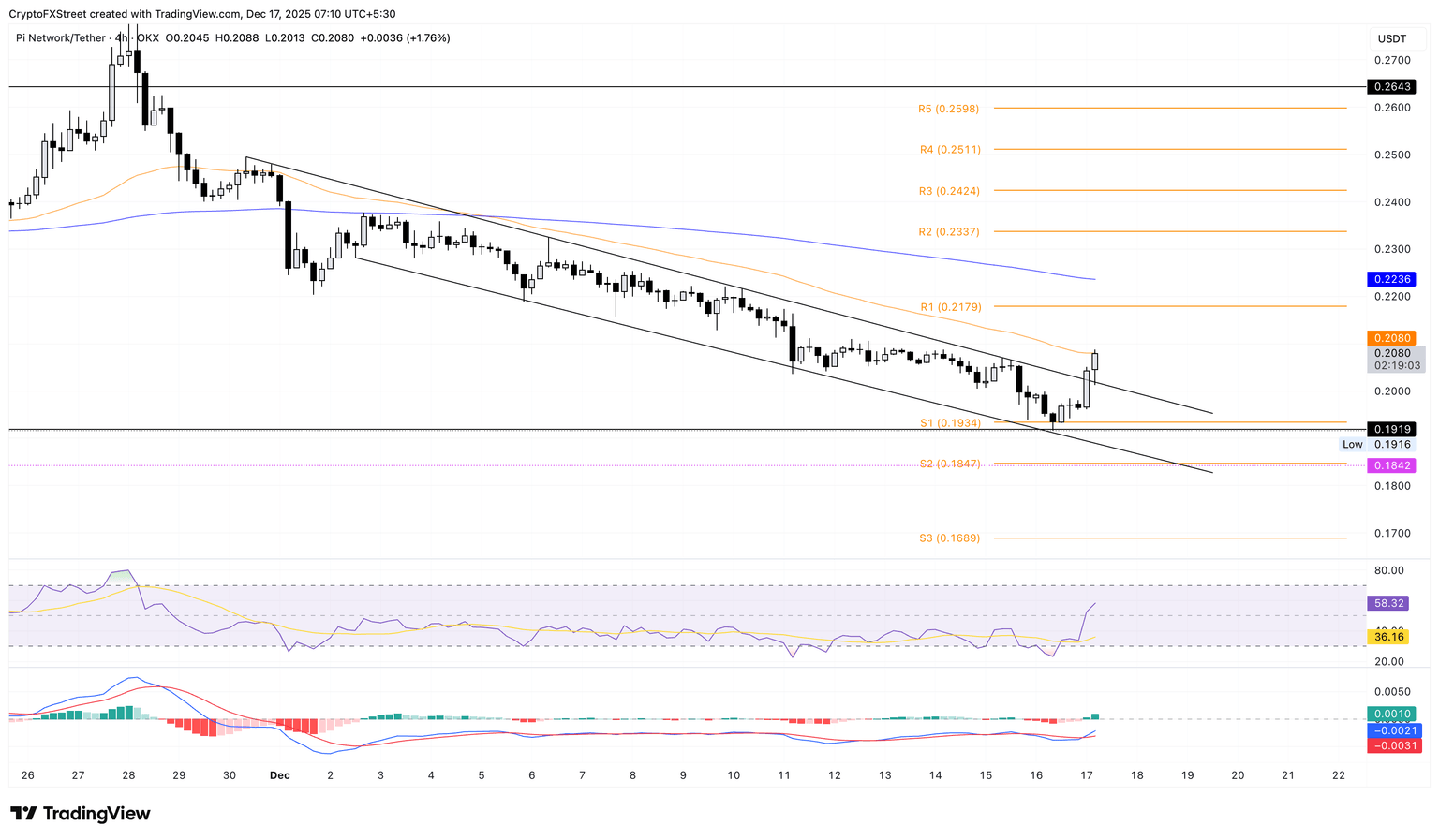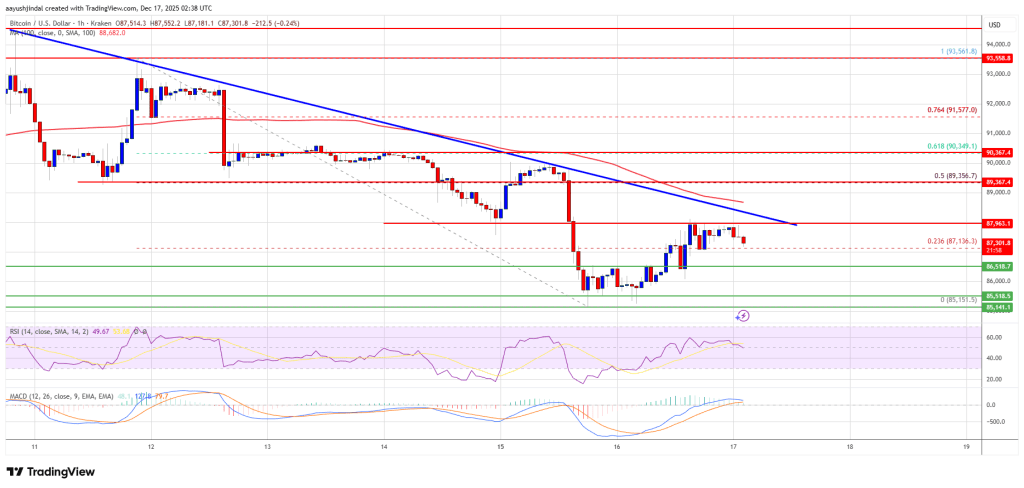Analysts have begun to question the lack of growth in India’s IT sector despite its strong human capital. The questions have grown after Upstage, a South Korean startup, has placed the country among the few nations with world-class AI systems alongside the U.S., China, France, and some Middle Eastern players.
India has long prided itself on the strength of its engineering talent, with many Indian graduates from elite institutions such as the Indian Institutes of Technology (IITs), MIT, and Carnegie Mellon now playing key roles at leading tech companies like Nvidia .
Yet despite this human capital, India has not produced a homegrown equivalent of Nvidia or a frontier AI model to match DeepSeek.
India is facing scrutiny over the innovation gap in the AI sector
Bernstein Research analysts, led by Singapore-based Venugopal Garre, describe a “concerning pattern” in India’s industrial landscape, which is a persistent lack of innovation across multiple sectors.
“Much of the corporate landscape [is] dominated by ‘traders’ and ‘distributors’ who simply build brands, while leaving true innovation to the rest of the world,” Bernstein analysts noted, citing industries including defense, solar, electronics manufacturing, and vehicles.
Pharmaceuticals in India also rely heavily on generic production after patents expire, even depending on active ingredient imports from China.
Piyush Goyal, India’s commerce minister, went viral in April when he voiced similar frustrations, questioning whether India’s future lay in producing “fancy cookies and ice creams” rather than advanced technologies such as semiconductors, renewables, electric vehicles, and battery systems.
Neelkanth Mishra, the chief economist at Axis Bank and an adviser to Prime Minister Narendra Modi, also stated that of the top 30 computer science graduates in his IIT class from two decades ago, 26 now live abroad as American citizens. That stat lends credence to the troubling brain drain that has contributed to U.S. innovation.
American universities often convert academic breakthroughs into private-sector products, but Indian universities have a far weaker record in this area. India also has a domestic business environment that is dominated by powerful conglomerates and limited venture capital availability, causing startups to often seek funding abroad. Domestic entrepreneurs often blame the government for insufficient financial support.
Despite this, Bain & Co data shows that venture capital investment in India rose from $9.6B in 2023 to $13.7B in 2024, with five new unicorns emerging, up from two the previous year.
The country saw growth in software, services, and generative AI, alongside strengths in aerospace. Observers suggest that changes in the U.S. immigration policy could also slow India’s brain drain, as tighter funding and visa restrictions would make it harder for American universities to attract top global talent.
South Korea breaks into the AI conversation
While India wrestles with its barriers to innovation, a Seoul-based startup, Upstage , has produced Solar Pro 2, a large language model recognised as a “frontier model” by benchmarking group Artificial Analysis.
Released in July, Solar Pro 2 outperformed models such as Anthropic’s Claude 3.7 Sonnet Thinking, DeepSeek’s V3, and OpenAI’s GPT-4.1 in combined benchmark scores, ranking just outside the global top ten. This is despite having only 30 billion parameters, a fraction of the 100 billion-200 billion parameters typical of other frontier models.
The South Korean government, under President Lee Jae Myung, has pledged more than $70B to position the country among the top three countries in the AI race. The government appointed a dedicated AI minister and is offering incentives such as covering up to 85% of top AI specialists’ salaries to retain talent.
South Korea still faces hurdles, like its lagging data center investments and a talent loss to Western firms. But Upstage’s offer to build local data centers in partner nations will increase the appeal of South Korean AI and hardware firms to markets reluctant to align with either Washington or Beijing.


